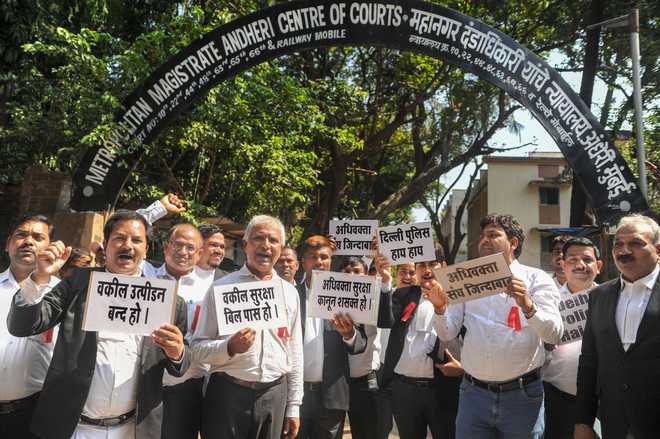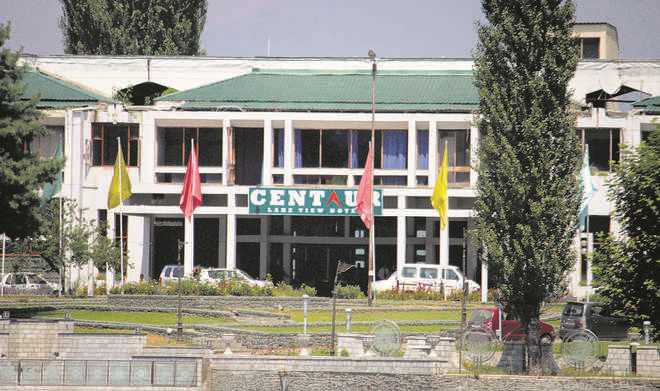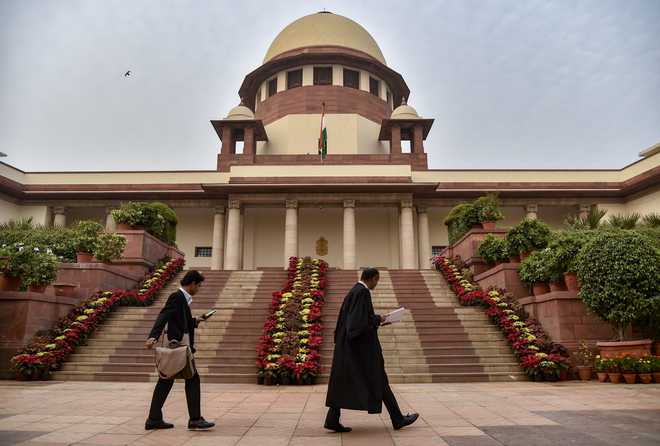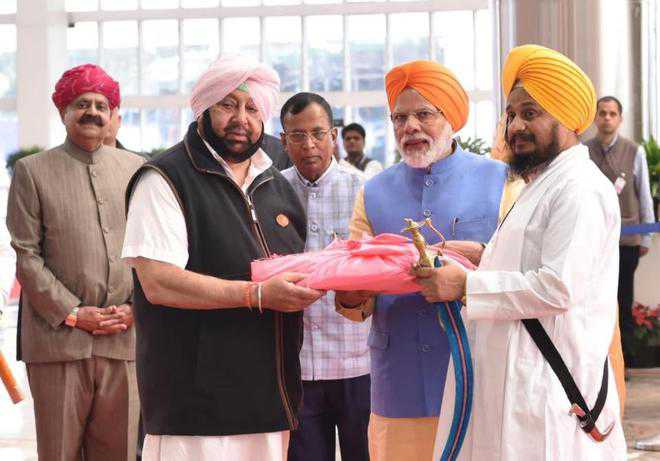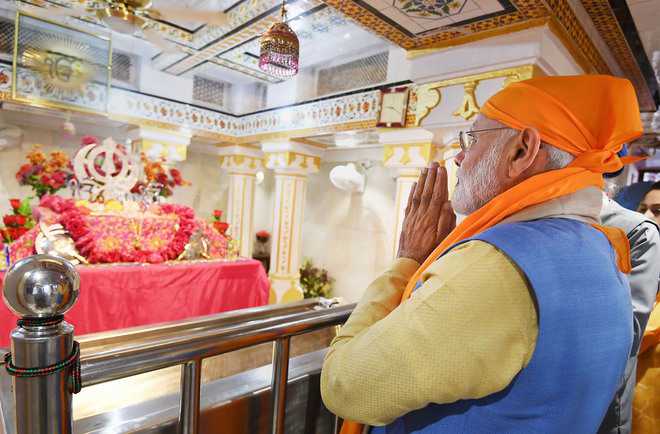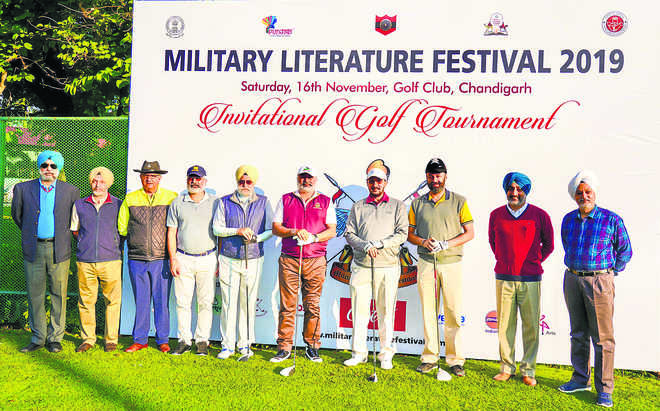Though the real impact of the constitutional changes is not clear yet, the voluntary participation in the three-month shutdown and media reports do point to a general feeling of shock, anger and loss of trust. The shift in popular support from ‘passive’ to ‘voluntary and active’ can upset all calculations, preparedness and lessons from past experience.
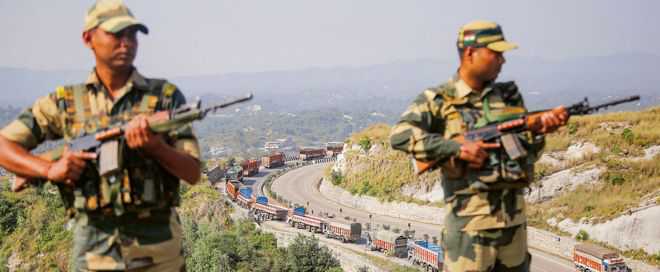
earn from past: Recent killings in J&K are reminiscent of the initial phase of the 1990s when people were terrorised.
Ashok Bhan
former DGP, J&K, and ex-member, NSAB
On the appointed day of August 5 this year, the erstwhile state of Jammu and Kashmir was bifurcated into two UTs. The abrogation of the special status of the state and its reorganisation was received with jubilation in Jammu and Leh district (initial euphoria, though, is missing now in Jammu); peaceful protests in Kargil district; and a three-month voluntary shutdown and government-imposed restrictions in Kashmir.
There are reports from the Kashmir Valley of killings by terrorists of innocent labourers, shop owners and truck drivers. There have also been a few incidents of hurling of grenades, burning of school buildings and damage to public property, including a transmission tower. These incidents meant to spread terror are reminiscent of the initial phase of ‘terror’ of the early 1990s when Pakistan-trained and armed terrorists had similarly terrorised the populace by the killing of Kashmiri Pandits, Muslims labelled as mukhbirs and unarmed officials of the intelligence agencies and police in the initial years of insurgency.
The first year of the insurgency in 1990 witnessed 709 incidents of arson and 1,522 incidents of hurling of grenades or causing explosions to cause widespread damage to bridges and other public property. The strategy during the ‘terror’ phase is to avoid direct confrontation with the security forces. Due to unprecedented preventive measures, the number of such incidents is not yet alarming. But they are indicative of the intent and a trend that needs to be taken note of.
Therefore, based on experience, steps must be taken to ban the availability of certain chemicals used for making explosives and secure explosives used for construction work at their places of storage as well as during transportation. The preparedness of BDCs (Block Development Councils) in remote areas may require to be revisited for protecting villagers and to disallow a free run to the terrorists. Similarly, peaceful areas across the Pir Panjal will need attention.
Despite Pakistan’s isolation internationally as the fountainhead of terrorism and its domestic compulsions, it will not miss any opportunity to provide manpower and weapons to fuel violence. The borders will have to be secured to prevent bringing in of weapons or sophisticated IEDs. Steps also need to be in place to prevent attempts at snatching of weapons, particularly from guards in remote areas.
The presence of the security forces in the Valley in 1990 was very thin and their preparedness was inadequate to deal with full-blown insurgency sponsored by Pakistan. Currently, the security apparatus is much stronger. Therefore, it should be possible to address the new emerging phase of ‘terror’ and not allow it to grow and graduate into a more dangerous phase of ‘confrontation’ that was witnessed during 1992-95, when violent incidents at the rate of 6.5 per day were directed against the security forces. It took a great deal of effort to set up special operations group (SOGs) and unified structures and sacrifices by brave policemen and jawans to meet the challenge and prepare the ground for “democratisation,’ which led to the holding of Assembly elections in 1996.
The bulk of killings of political activists (329) in J&K occurred during the initial years of the ‘democratisation’ phase — from January 1996 to December 2002. With the government’s focus on empowering of panchayats and BDCs, the securing of political activists becomes an immediate necessity. Any pick-and-choose policy in providing the security cover and other amenities based on party affiliations will be hazardous. Physical harm to any political activist will compel them to shift en masse to safer places, leaving the ground to separatists and terrorists.
The ‘terror’ phase of the early 1990s had also brought to fore the compulsions and security issues faced by local employees and their families. Such challenges may again have emerged and would require appropriate measures so that the momentum of the working of the police stations, courts and district administrations is not compromised. The force commanders also need to prepare a roadmap to maintain both force level and ‘high alert’ over a long period of time and yet not allow ‘combat fatigue’.
The support of a large majority of people in the Valley to the azadi sentiment and terrorism in the 1990s was largely ‘passive’. Though the real impact of the constitutional changes is not clear yet, the voluntary participation in the three-month shutdown and media reports do point to a general feeling of shock, anger and loss of trust. The shift in popular support from ‘passive’ to ‘voluntary and active’ can upset all calculations and preparedness. The disaffection and consequential violence can spread to the south of Pir Panjal which needs to be monitored carefully.
Peace is a pre-requisite for development and the process of integration. Classical peace processes follow the sequence of engagement, de-militarisation and finally, democratisation. As Jammu and Kashmir shares boundaries with hostile neighbours, complete or even partial demilitarisation is unacceptable. Therefore, the peace process initiated in the mid-1990s essentially involved persuading reluctant politicians, facilitating and securing them to carry out electioneering, symbolic reduction in footprints of security forces (like removal of bunkers) and holding of Assembly elections in 1996. Strong democratic credentials were re-established with a series of electoral exercises, from 1996 to 2014. The democratic deficit had been bridged to a large extent.
In the changed scenario, it is difficult to fathom the response of the people in the Valley to a peace process and holding of elections. The impact of the change of policy in handling Jammu and Kashmir is yet to be fully felt and understood. The challenge lies in containing the current phase of ‘terror’ and initiating a political process without having to pass through a phase of ‘confrontation’. That will require a display of political sagacity and a corresponding response from the people of the Valley, none of which appears probable any time soon. It is likely to be a long and uncertain wait for the peace process to re-emerge in the UT.
Whenever elections are held, the past lessons of manipulating the poll process or thrusting handpicked leadership must not be forgotten. Based on a credible electoral process, only genuine representatives of the people must govern J&K, which hopefully by then would have regained its statehood as well as some lost pride.








